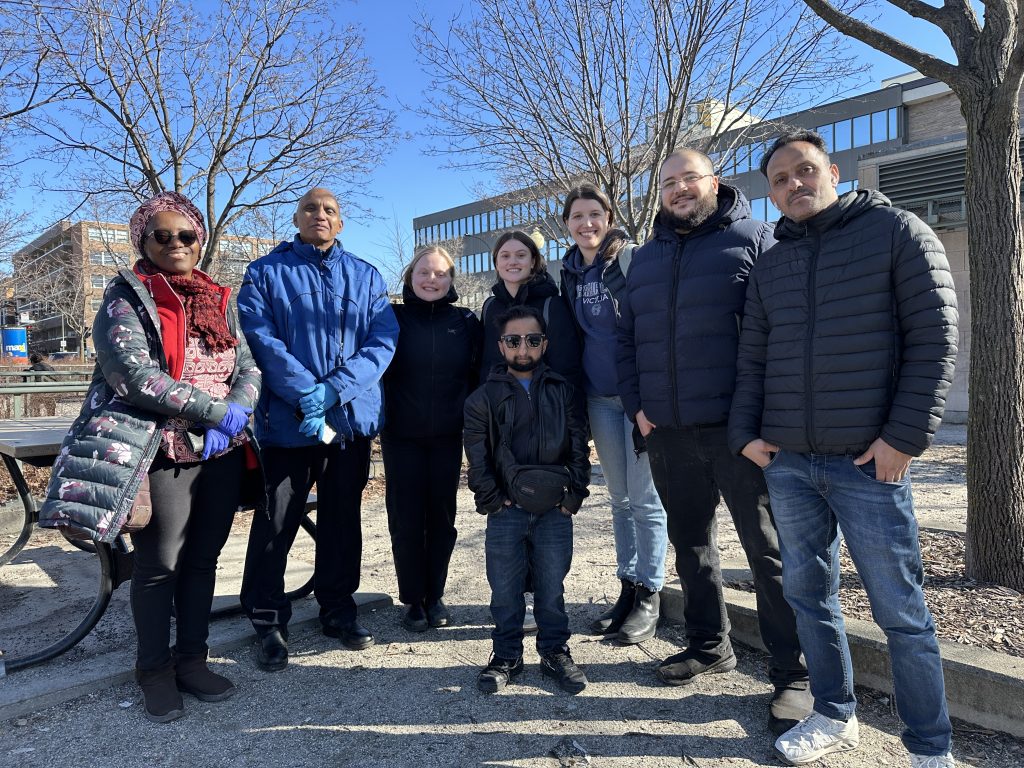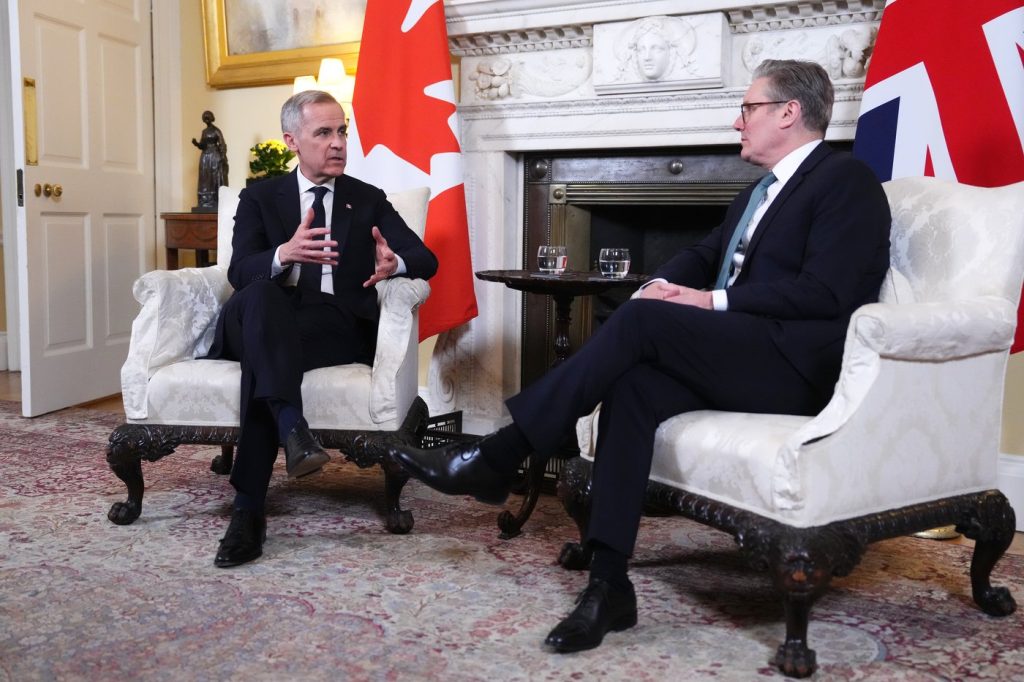Anglophones may be required to get eligibility certificates for English healthcare in Quebec: report

Posted July 31, 2024 10:34 am.
Last Updated July 31, 2024 6:53 pm.
Advocates for Quebec’s anglophone community are denouncing a new government directive that may require “historic anglophone” Quebecers provide proof of an English-language eligibility certificate if they wish to communicate exclusively in English in Quebec’s healthcare system.
A report by the Montreal Gazette points to a Quebec Health Ministry directive that explains the conditions for patients to be helped exclusively in English in the health sector.
According to the directive, they need to have an English-language eligibility certificate and they must also “expressly request (English services).”
“They come up with something every day and it’s just plain wrong, morally wrong,” said Lawyer Julius Grey. “It shows that language is more important than life for the Quebec government. They make exceptions for situations like life or death. But there are many situations which affect the outcome, which are not immediately life and death. And obviously, bureaucracy prevails over human rights.”
English-language rights groups are not only worried that these new language directives could create dangerous confusion, but that the required certificates would almost be impossible to obtain.
Joanne Charron is a caregiver and educator. She said that she doesn’t understand how the government will enforce these rules.
“They’re turning it basically into a human rights issue. I don’t know how they’re going to police this. Are we going to have to be card carrying anglophones in order to be allowed to get the services we need?”
The Gazette reported last October that the province’s Education Ministry had been slow to grant such certificates to students applying to CEGEPs, even if they were eligible.
Bill 96 now requires that anglophones who studied in French in high school and who now want to pursue their CEGEP education in English must produce an English-language certificate by the Education Ministry.
Advocates for the English-speaking community worry that backlogs to obtain such a certificate could lead to an inability to be served in their first language.
“The government is definitely trying to overreach here,” said Montreal resident Josef Rodin. “And I think it’s a little like, I don’t want to make any comparisons to anything in the past, but it’s almost like you have to have a card saying, oh, this is what I am, so that I can get services in English.”
The 31-page Quebec Ministry of Health and Social Services document outlining the new language directives also describes specific scenarios to demonstrate exceptional circumstances when French doesn’t have to be spoken.
For example, it explains that a father can give consent in English to have his child receive an immediate medical intervention if he’s in a serious condition.
However, not all residents are opposed to the new idea by the CAQ government.
Dylan Johannink lives in Montreal and said he’s always felt comfortable speaking English in Quebec.
“I feel like I’ve always been able to speak English with anyone that I’m trying to communicate with. And I think the mandate is a step in the right direction, but I already feel like Quebec does a wonderful job making English speakers feel comfortable.”
In a written response to CityNews, Quebec’s Ministry of Health and Social Services did not clarify under what circumstances the English language eligibility certificate would be required, but emphasized that the directive that’s issued specifies that it’s possible to use a language other than French related to health matters, especially in emergency situations.








